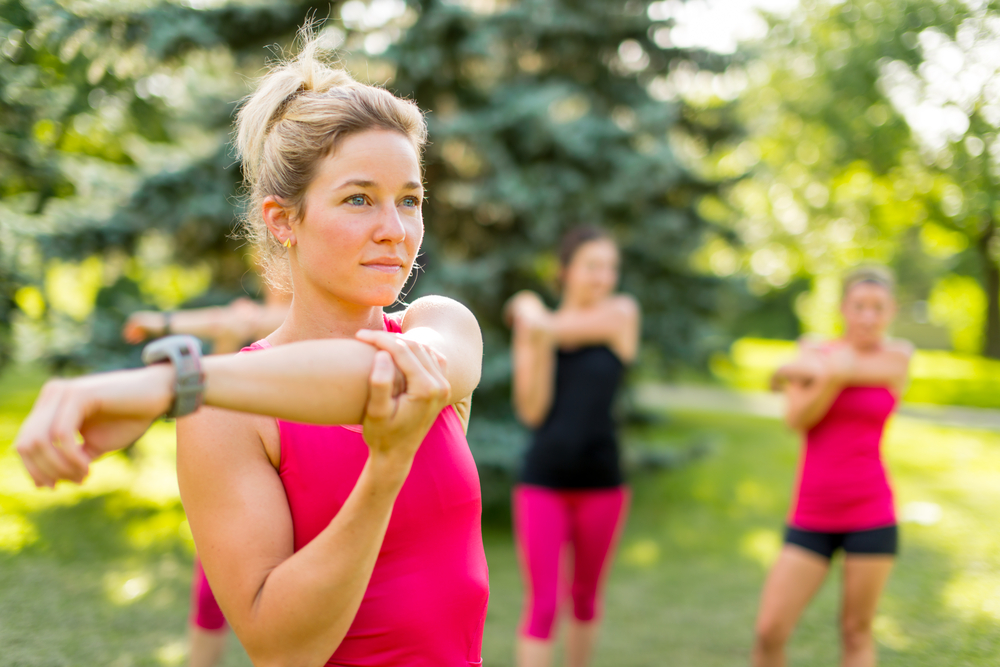Go2Fit – Health Support for People with Breast Cancer
Breast cancer has a major impact on life. Physical training can help reduce this impact. Together with practical partners, the Research Group for Oncological Care started a study into tailored exercise support.
Centre of Expertise Health Innovation

A breast cancer diagnosis has a profound effect on women and their surroundings. It often leads to stress due to a long and intensive treatment process with uncertain outcomes. A better physical condition during (neo)adjuvant treatment can speed up recovery and reduce the effects of complications. Research Group Oncological Care at Centre of Expertise Health Innovation is working with Reinier de Graaf Hospital (RdGG) and the Oncology Working Group of First-Line Physiotherapists (FEL) to develop “tailored exercise support.” Together with creative healthcare agency Shosin, The Hague University of Applied Sciences is guiding a joint implementation process.
Current situation
RdGG would like every woman diagnosed with breast cancer to be offered personal advice on how to become or remain physically fit. So far, this has only been partially implemented in standard care.
Physiotherapy as a solution
Physiotherapy in the form of physical training improves overall condition and physical fitness in women with breast cancer. In addition, physical training during (neo)adjuvant chemotherapy helps reduce fatigue. Physiotherapists can also inform women with breast cancer about the safety of physical exercise, which can help to remove related fears. This makes it an effective and powerful way to help women with a breast cancer diagnosis stay or become fitter.
By focusing on improving or maintaining physical fitness at the start of treatment, recovery from breast cancer can be faster. This project fully embraces that approach, placing the personal wishes and capabilities of the patient at the center.
– Joke Korevaar, Professor Oncological Care
Objective
The goal of this project is to improve the physical fitness of women with breast cancer.
Method
In close cooperation with RdGG and FEL, solutions will be developed in co-creation to address identified barriers to implementing prehabilitation in women with breast cancer. These solutions will then be applied directly in practice and adjusted where necessary.
Results
By the end of the study, more women with breast cancer will be offered support to improve physical fitness, and more women will make use of this support.
Impact
By improving women’s physical fitness, they will recover more quickly from treatment and be able to participate in society again sooner. Because implementation is set up through co-creation, the chances increase that this will become a standard part of the treatment pathway, benefiting future patients as well.
Duration
The project started in April 2025 and will run until October 2025.
Team
- Lottie Kuijt-Evers
- Joke Korevaar
Partnerships
This project is a collaboration with:
Funding
This research is funded by the Coalitie Leefstijl in de Zorg.
Contact
Joke Korevaar ([email protected])